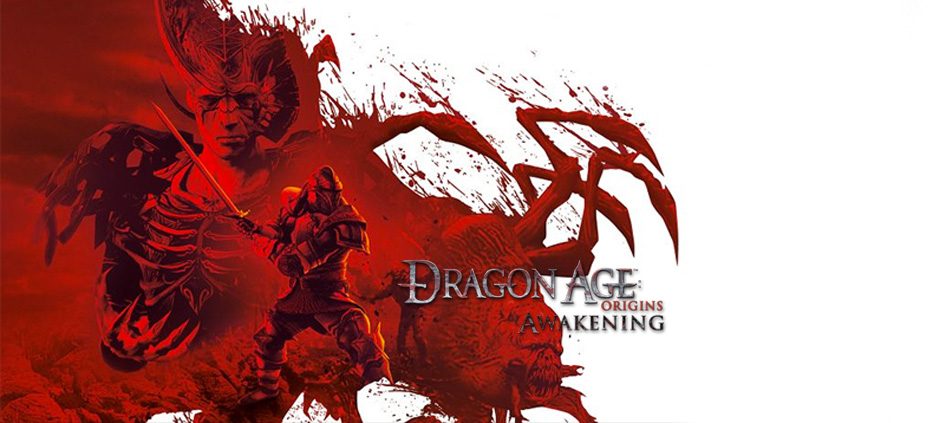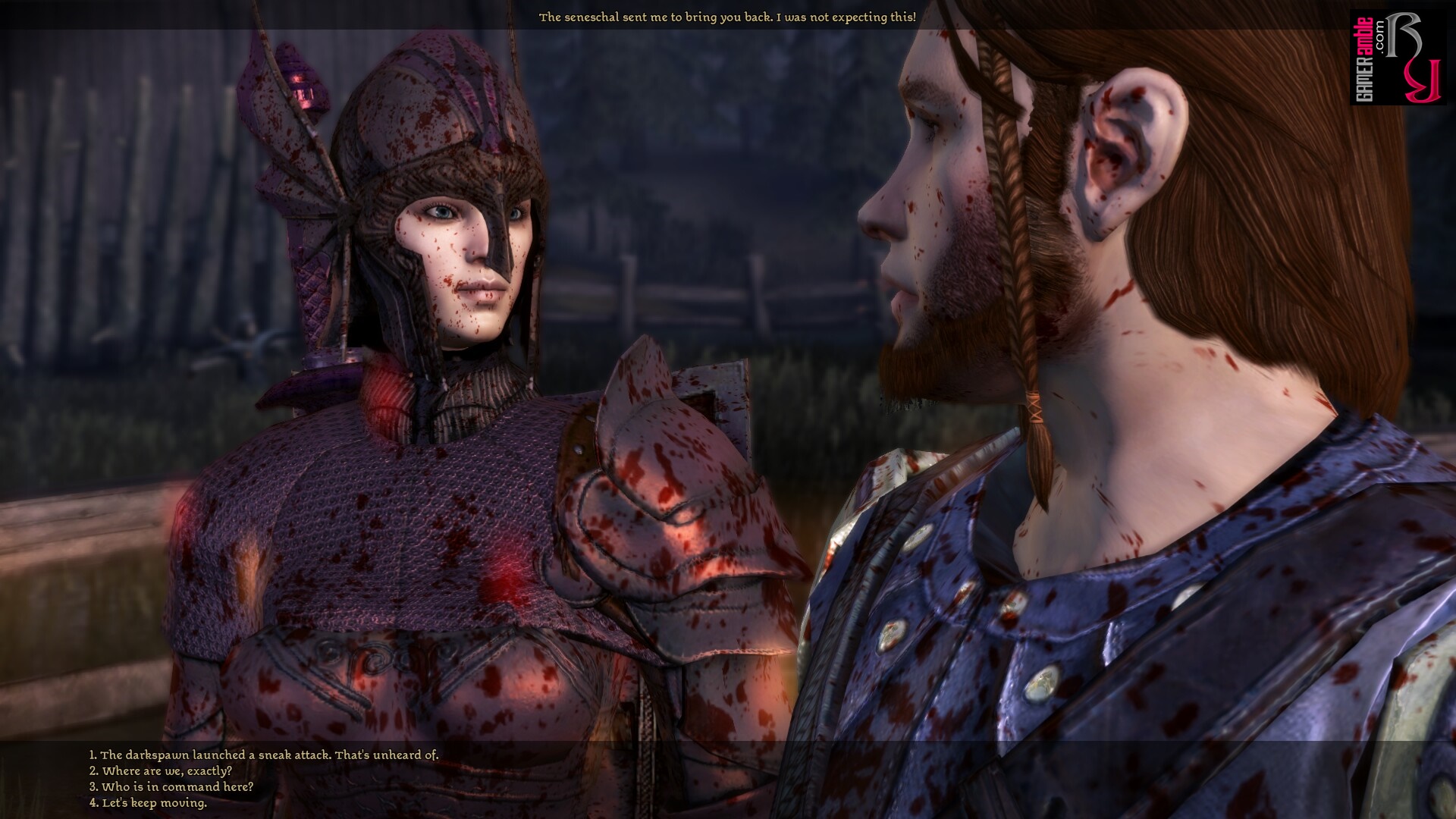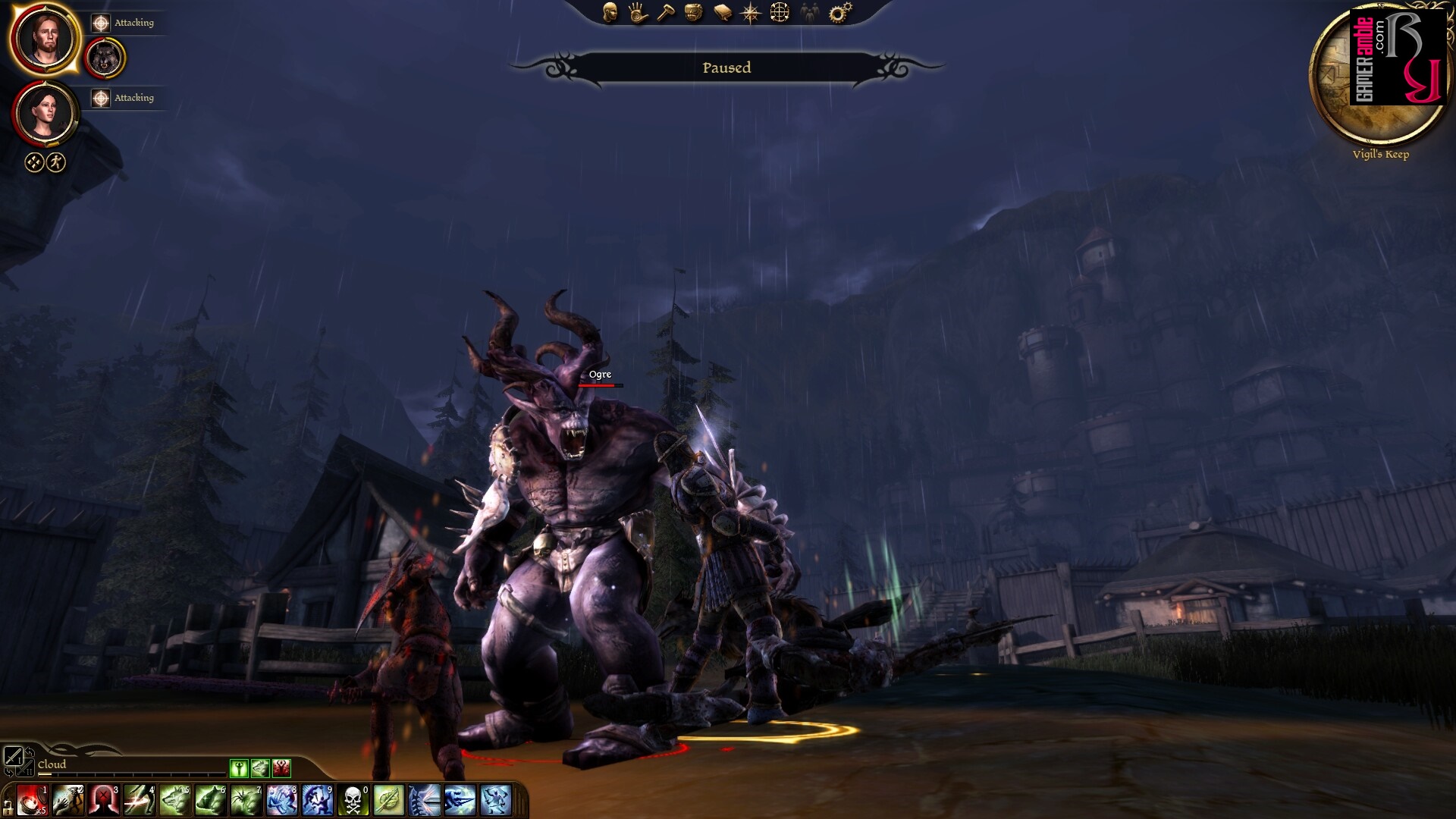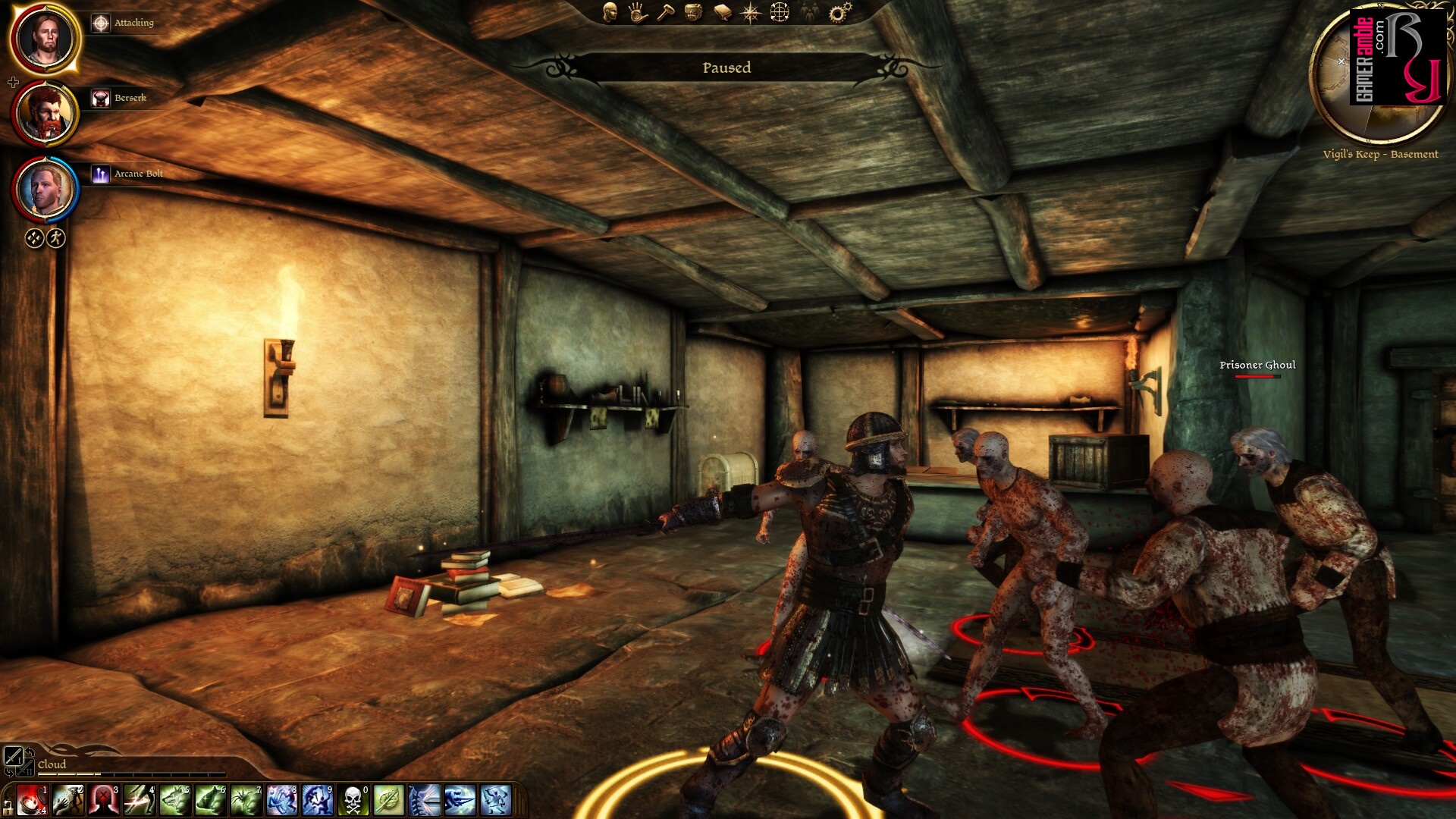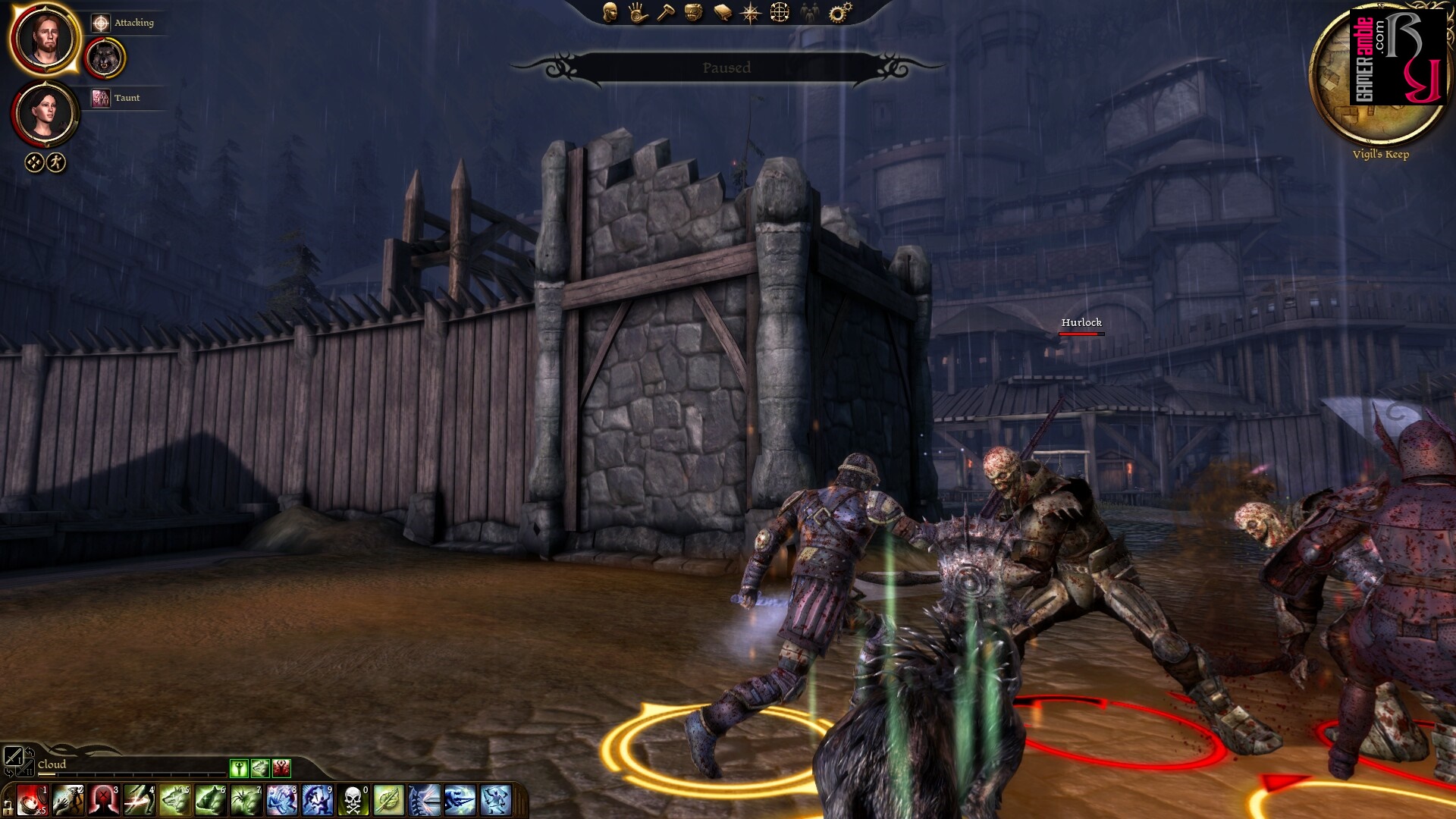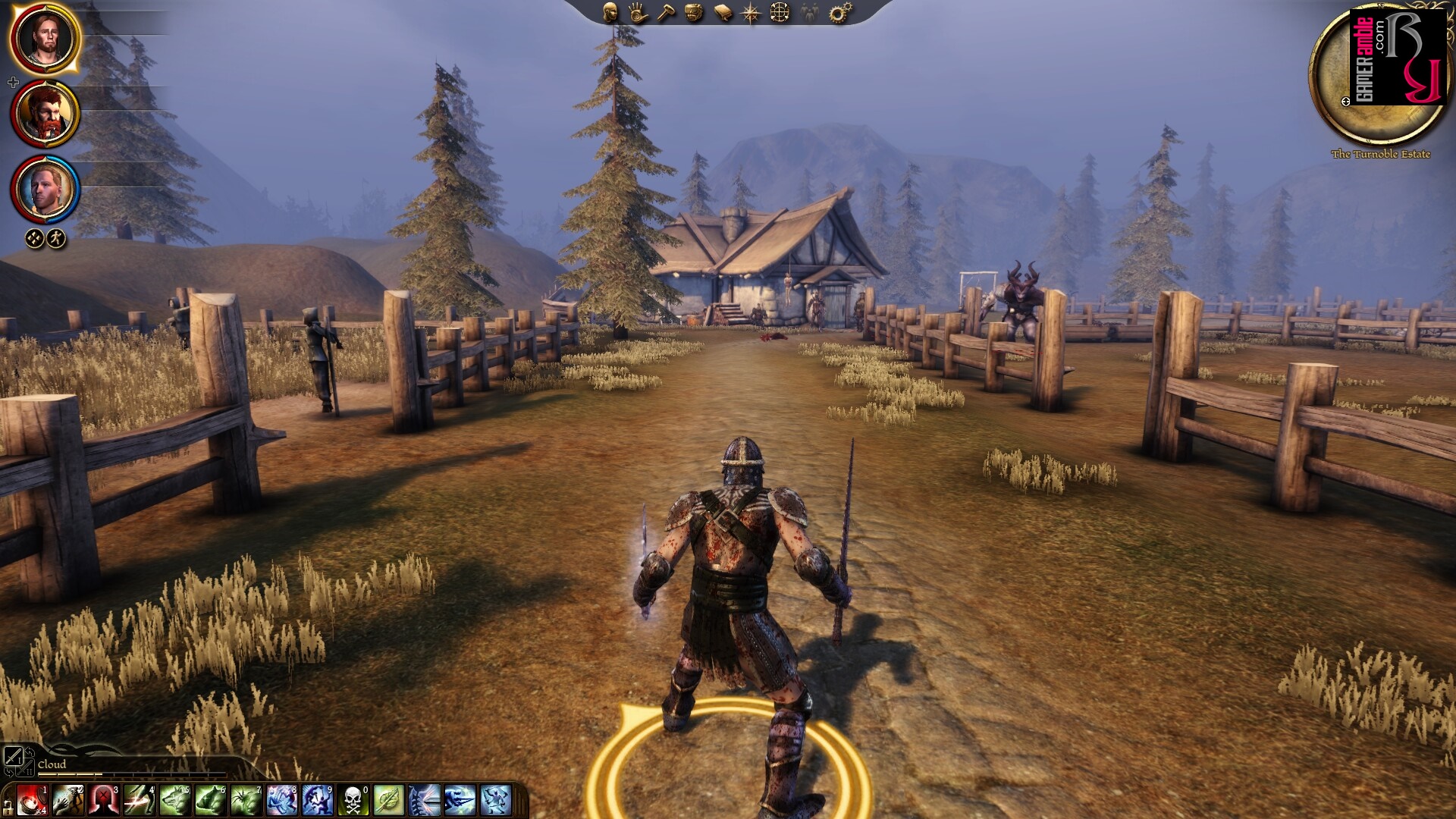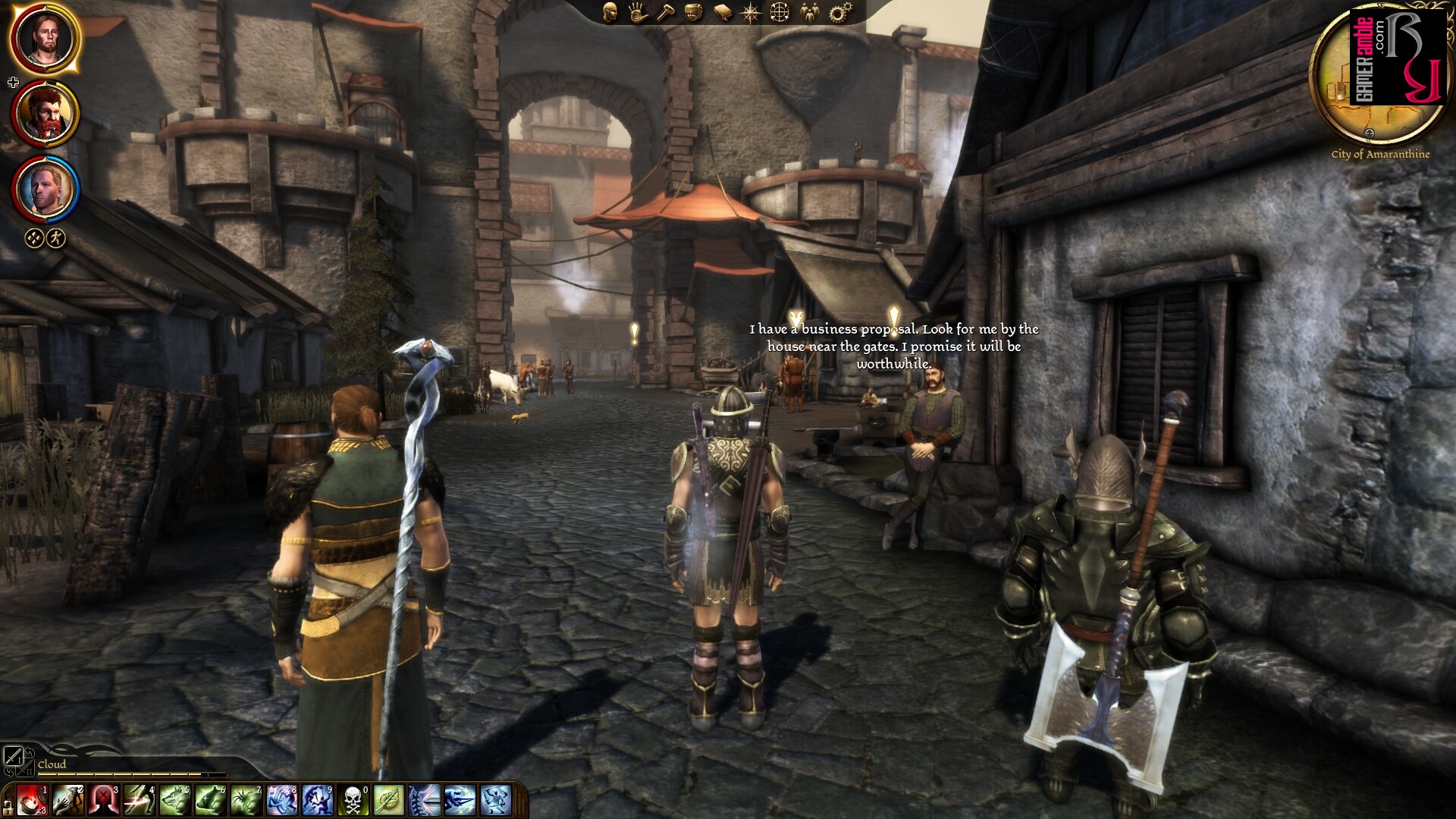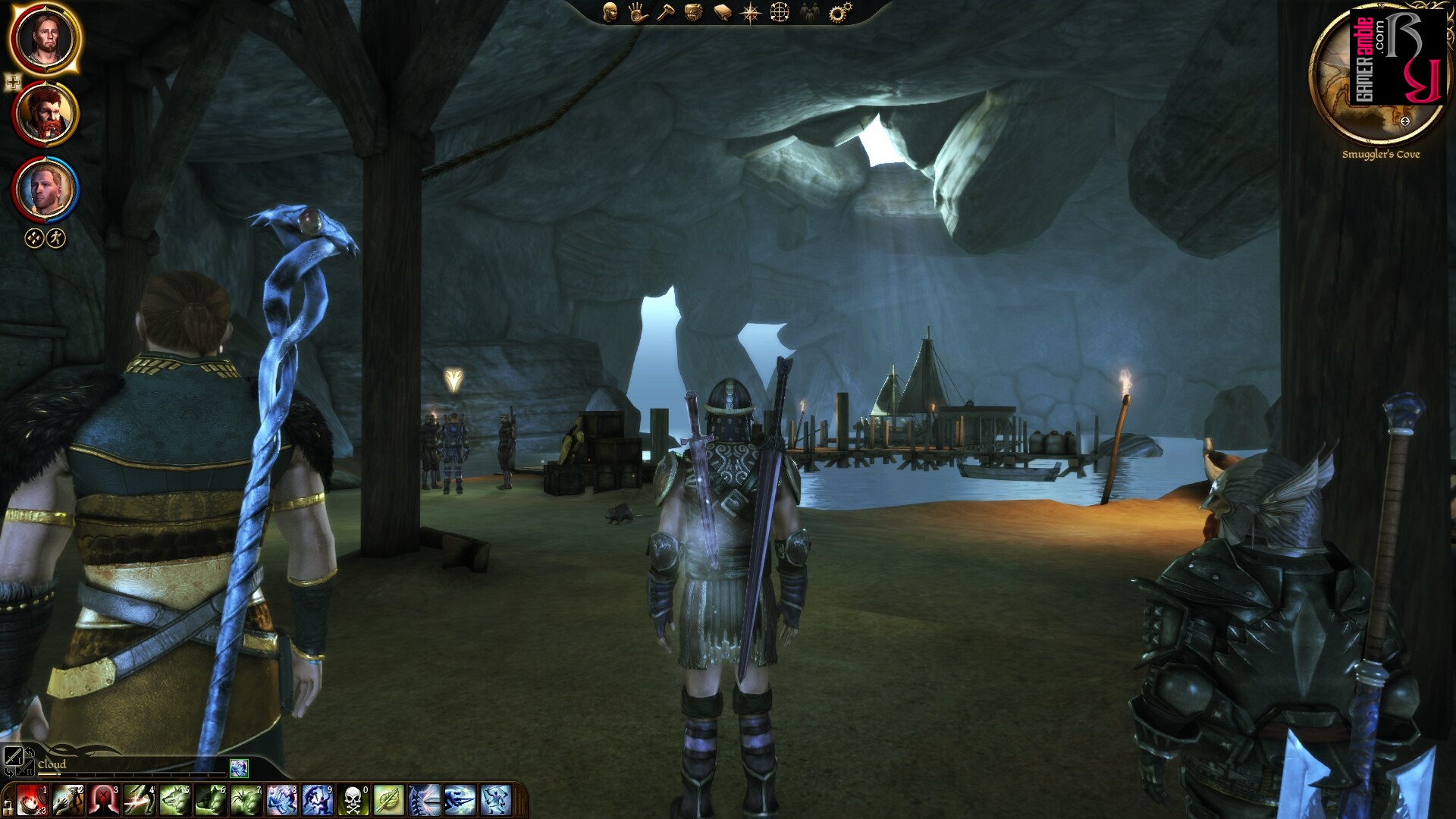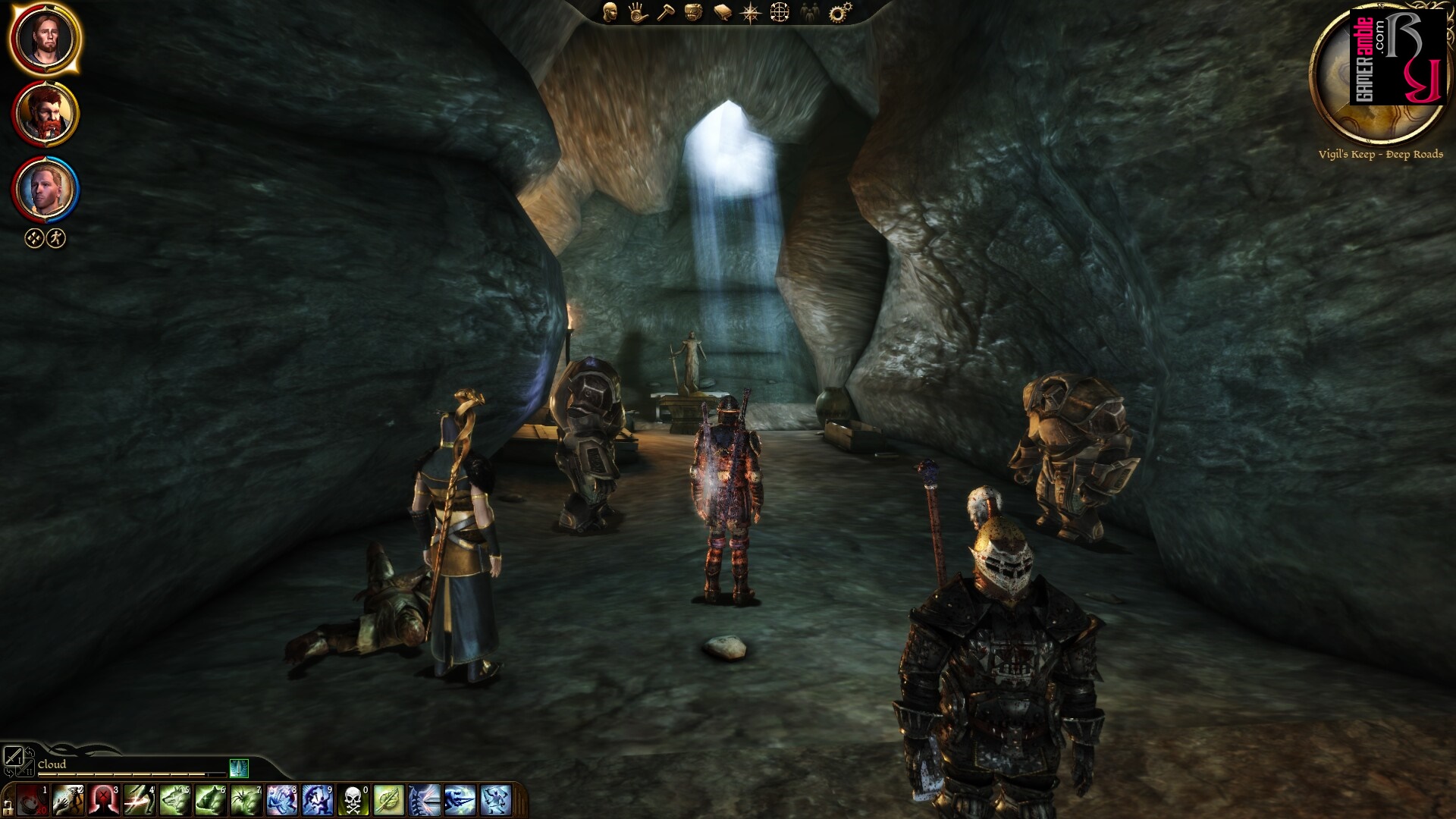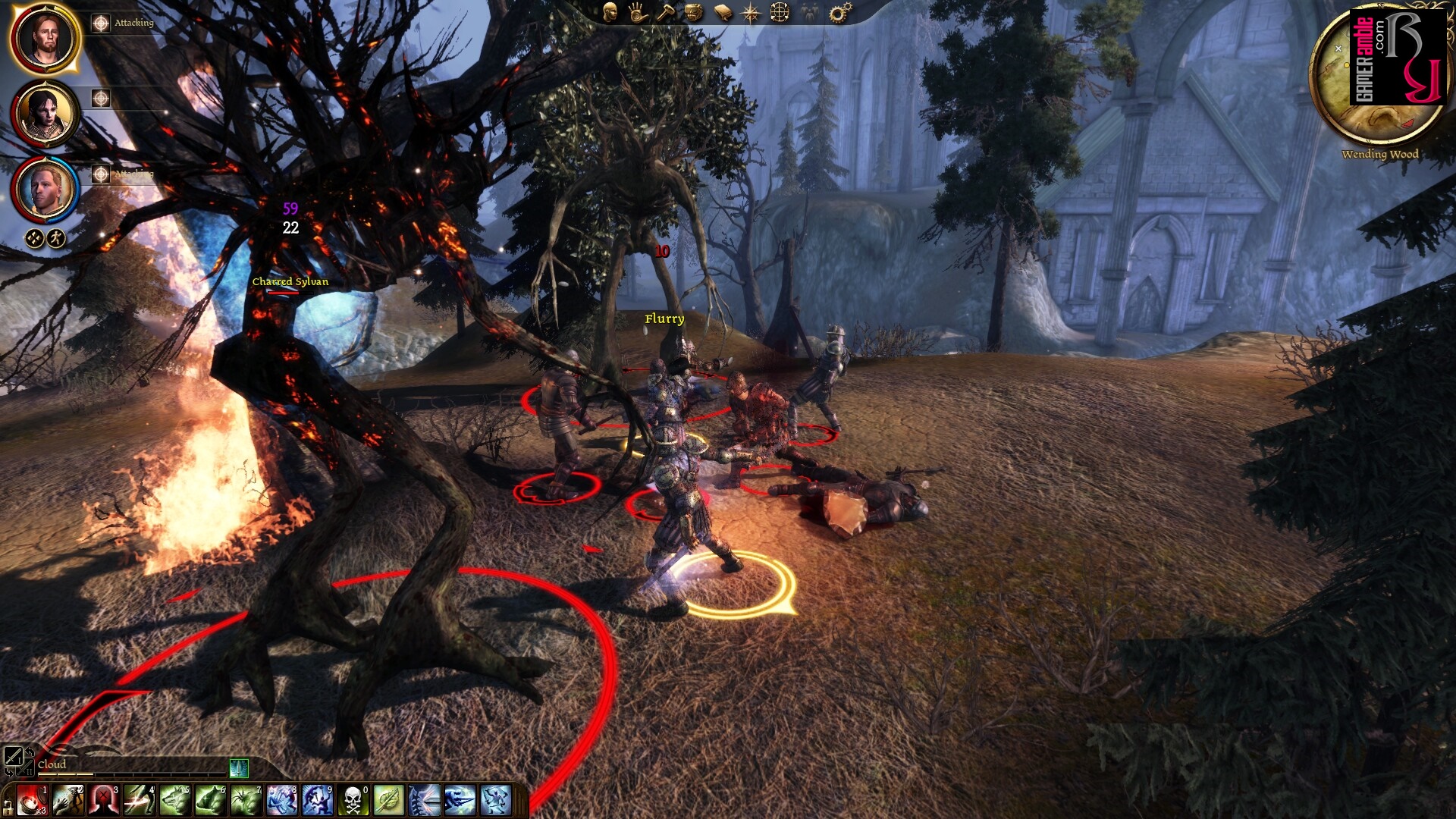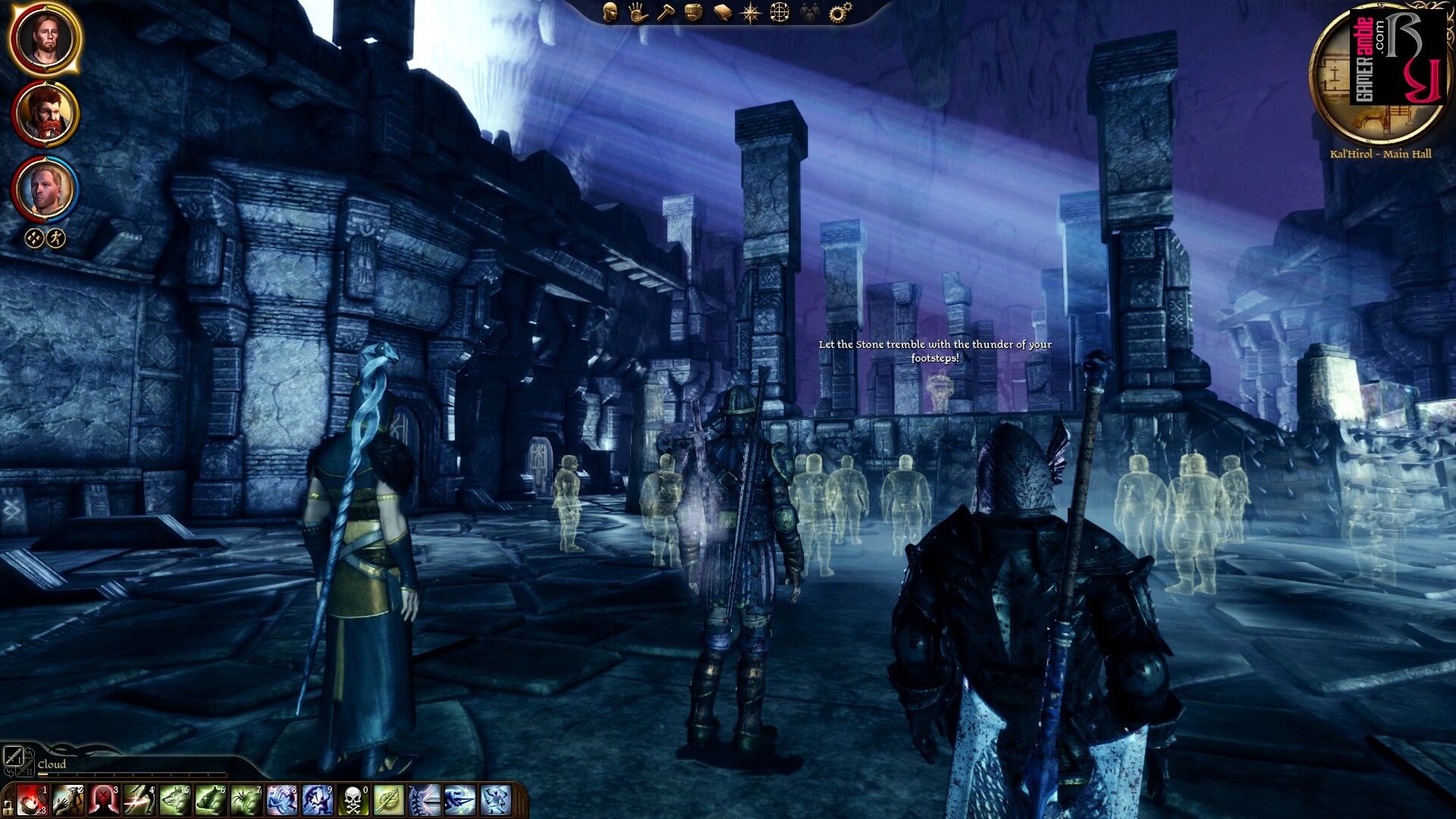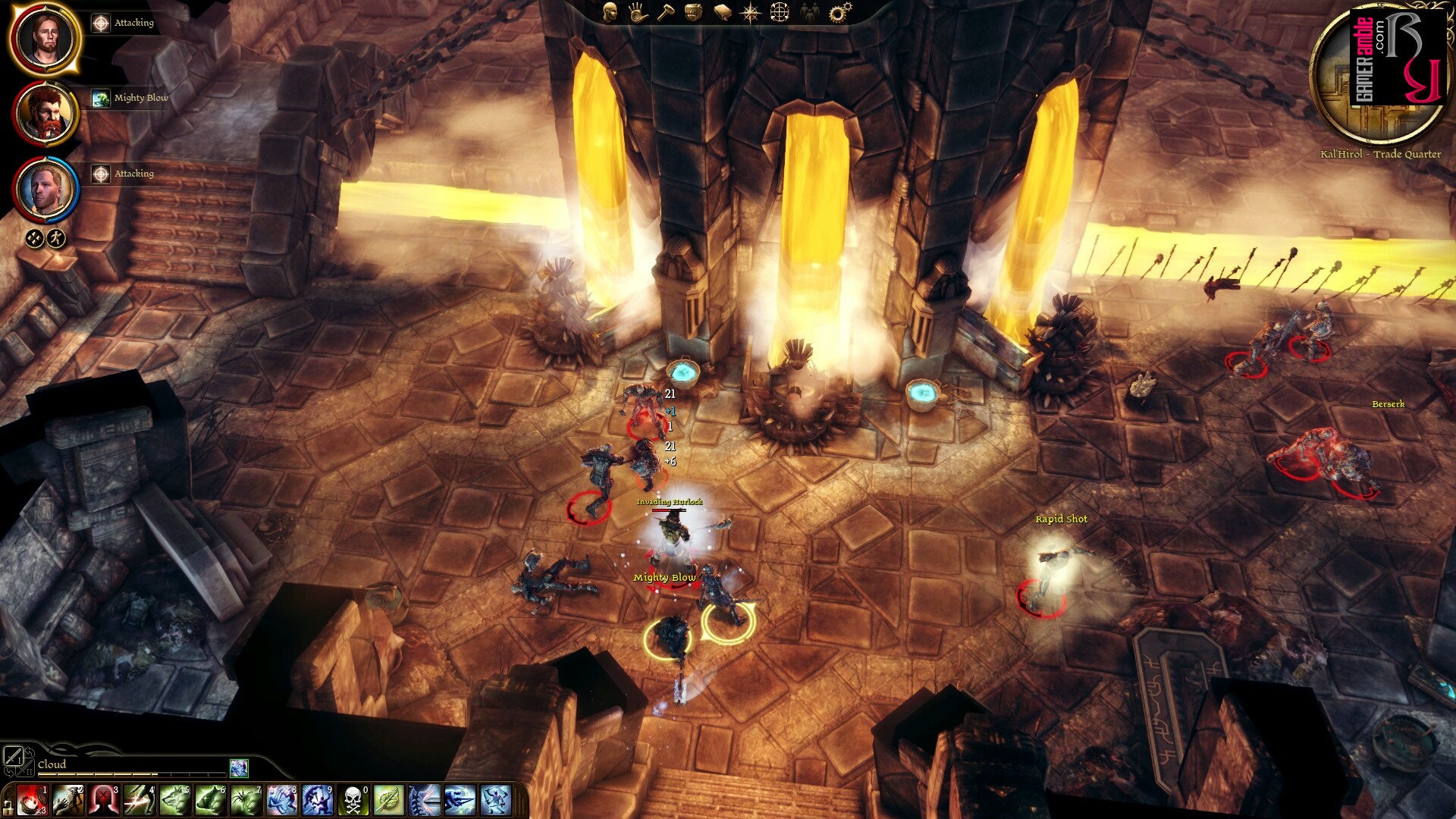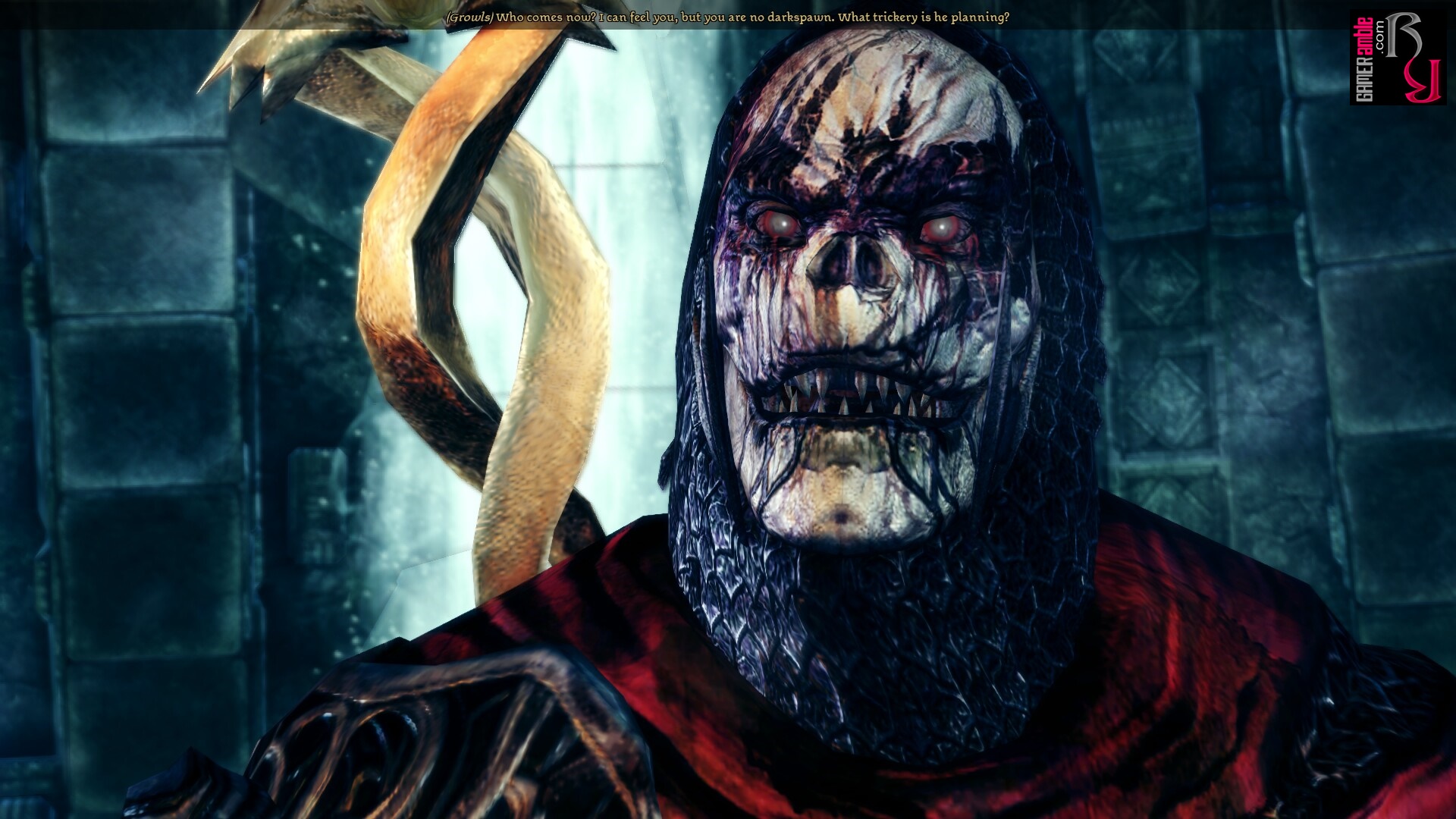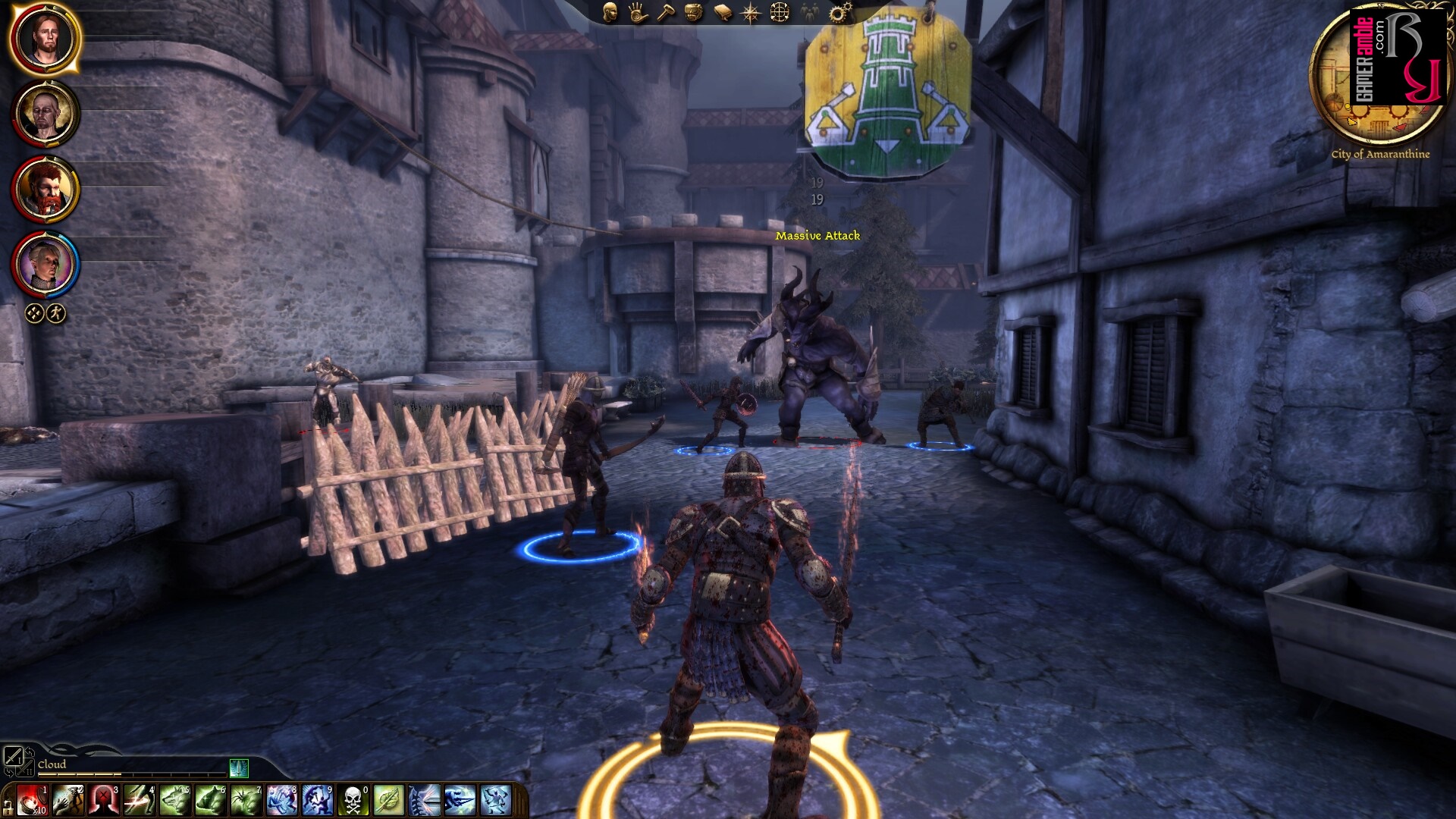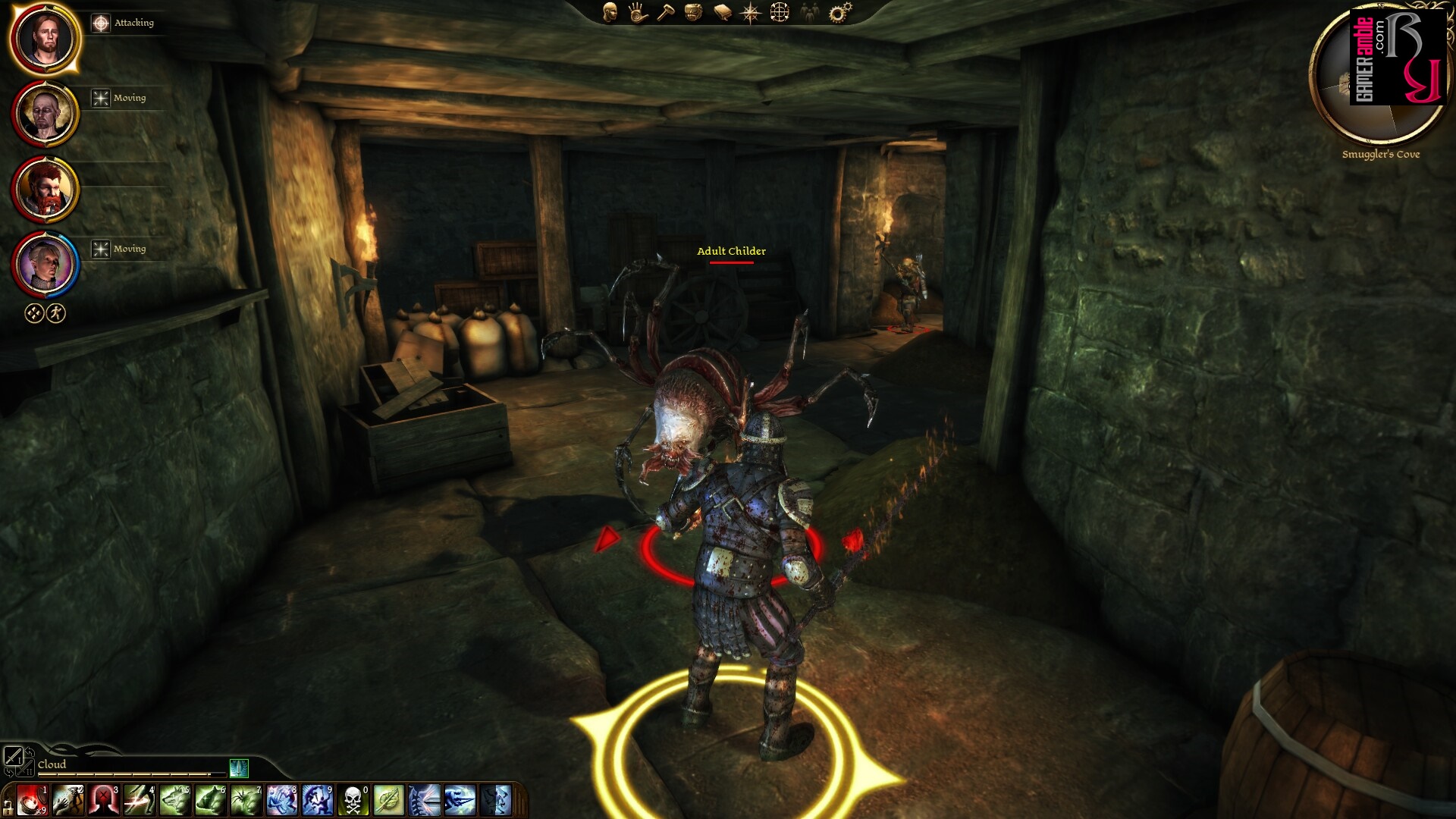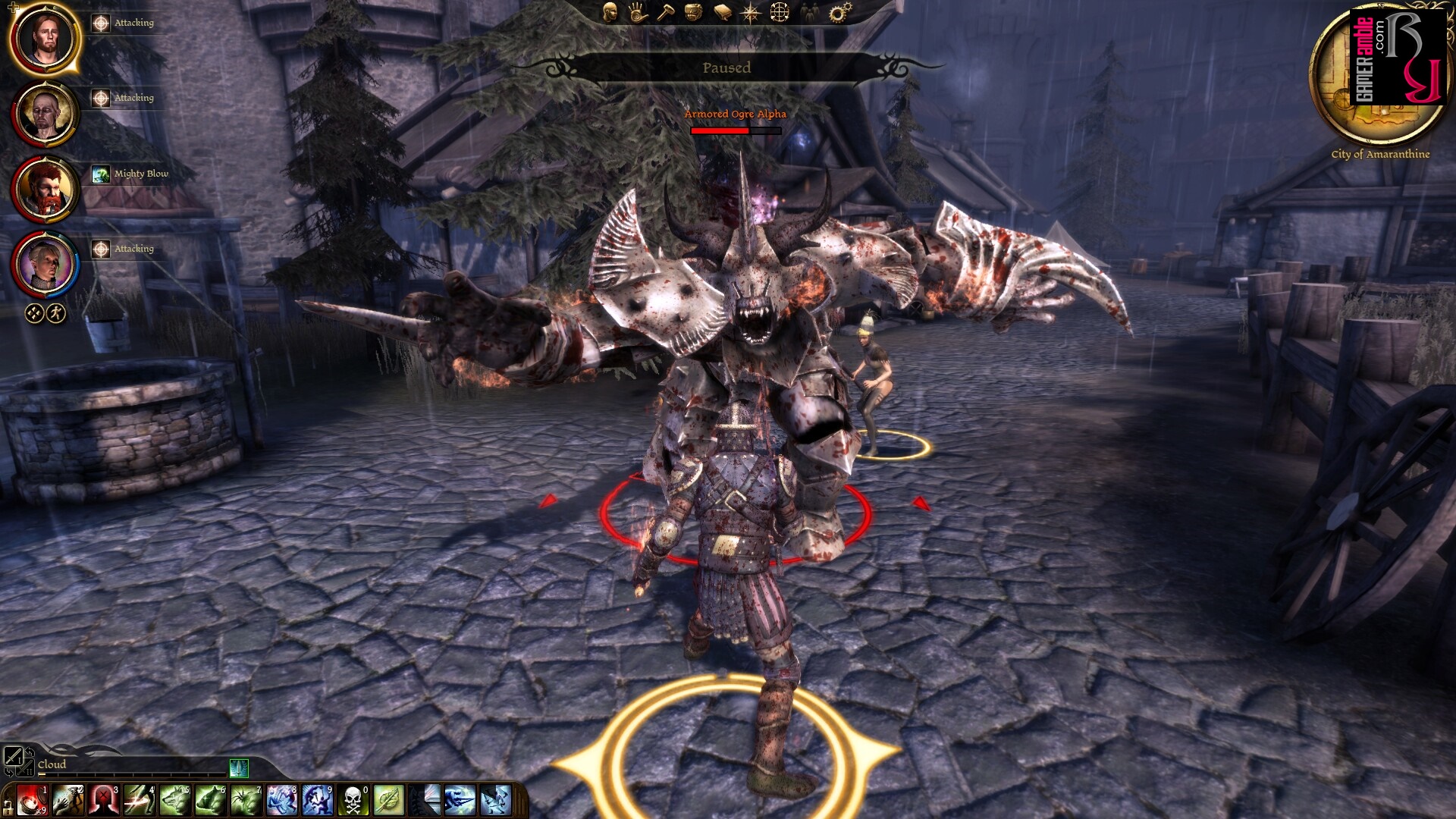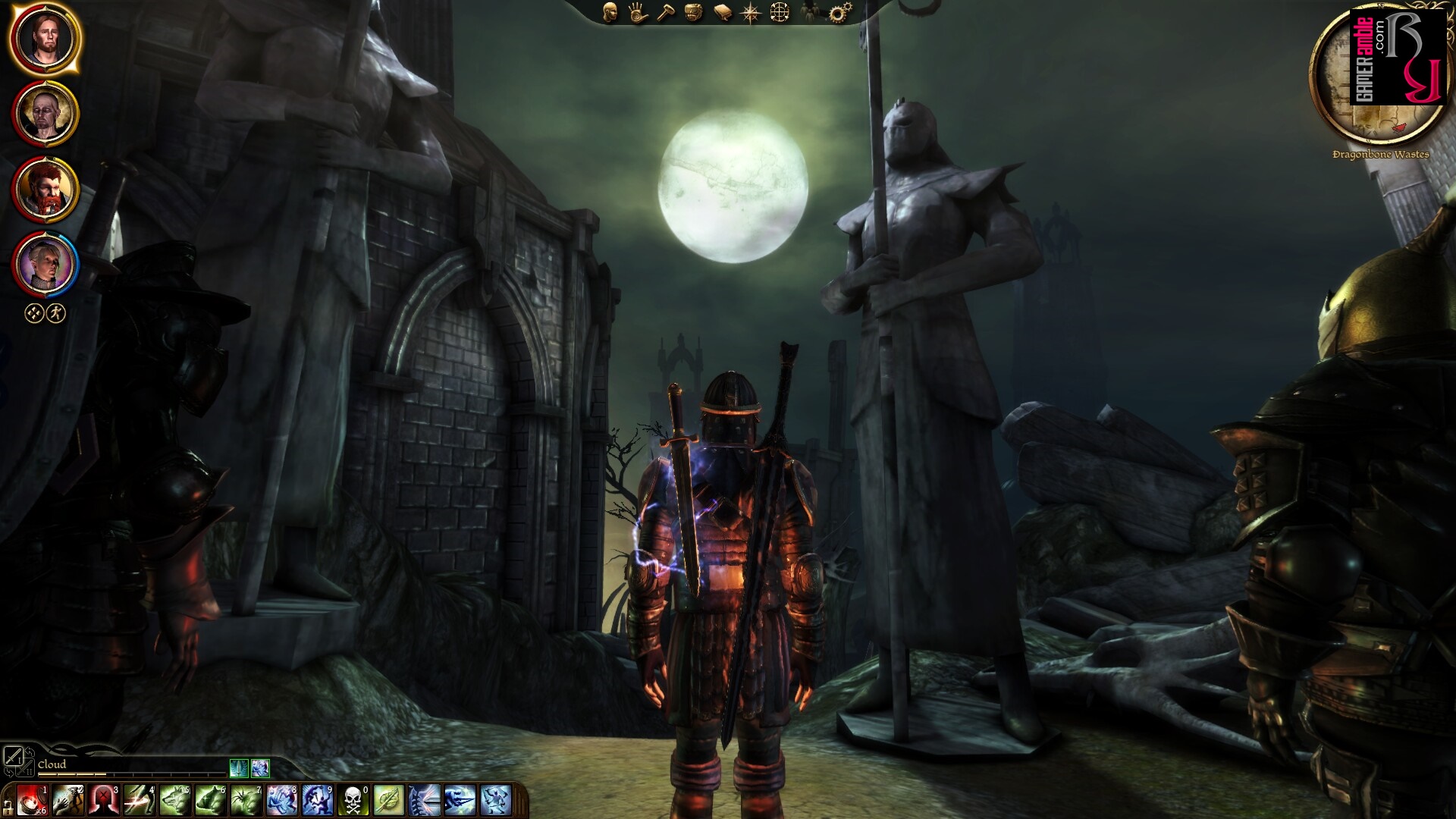Dragon Age: Origins – Awakening
Developer: BioWare | Publisher: Electronic Arts | Release Date: 2010 | Genre: RPG | Website: Official Website | Purchase: Steam
By the time Dragon Age: Origins was released Bioware had already built up quite a reputation for creating quality role-playing games, which meant expectations were quite high. Thankfully, they managed to deliver a title that lived up to the hype. Awakening is the first full-fledged expansion for the game, which means it’s longer than the bite-sized DLC before it, but not quite as long as the original game. Since the original game is required to play Awakening we are going to assume that everyone interested in the expansion has played Origins first, as they should. This also means that there will be a few spoilers in this review for Origins.
Awakening is set six months after the events of Origins, which saw your character defeat the Archdemon and put an end to the blight. However, instead of retreating back to the deep roads as expected, it seems that the darkspawn are instead still lingering on the surface. Even more worrying, there have been reports that these foul creatures are even more intelligent than before. Awakening allows players to import their Origins character, provided that they survived the events of the first game, or create a new level 16 character. Whichever option you choose, your character will be appointed as the new Grey Warden Commander of Vigil’s Keep. However, things get off to a rocky start as the darkspawn attack the keep just before your arrival and leave everything in disarray. This leaves you in the unenviable position of having to rebuild the keep, fend off the darkspawn, keep the locals happy, and figure out what is going on.
As it is an expansion Awakening has a lot fewer locations to explore than Origins, but at least all of them are new. Apart from Vigil’s Keep, which serves as your base of operations so you don’t have to camp anymore, there is also the city of Amaranthine. It’s the only major city in the area and nowhere near as large as what you are used to in Origins, but still has plenty to see and do. A handful of other locations, including some woods, a marsh, and three major dungeons fill out the rest of the game. By simply sticking to the main plot the game can be completed in as little as 12 hours, but chasing down every side quest and optional story thread can easily push this up to 20 hours. Some, like the quests from the Chantry board or merchant’s board, is hardly exciting, but others are well worth uncovering because of the excellent writing.
Speaking of high-quality writing, Bioware has added five new party members to Awakening as well as one returning face from Origins. Initially, it didn’t feel like the new characters could hold a candle to the ones we spent so many hours adventuring with in Origins, but slowly they began to grow on us too. Unfortunately, it’s easy to miss out on the best parts of their stories because the game is relatively short, and interacting with your party members is completely optional. For example, one of your early party members is a human mage named Anders who has repeatedly escaped from the Circle of Magi. At first, he appears to be quite haughty and has disdain for the Grey Wardens, but delving into his past reveals his fondness for cats. Awakening still features the “gifting” feature of Origins, so when your character discovers a stray kitten that can be picked up and gifted to Anders be ready to witness a total transformation. This is just one example of the small touches that Bioware has managed to cram into the game. The witty banter between party members, depending on who you choose to take with you are also still present and just as funny as Origins. Something else that Awakening retains from Origins is choices that have real consequences. The choices that you have to make are never easy and the outcomes not always obvious. We also like the fact that the ending shows you the outcomes of all your choices.
Awakening uses the same engine as Origins, so visually the game looks identical to the original. This means plenty of blood and characters that are covered in arterial spray after each combat encounter. The combat is also still the same as the first game, but Awakening does have six new class specializations, and a host of new spells as well as abilities to play around with. The game also has a few new enemies to take on and some of them are quite disturbing, to say the least. Also, the music and sound effects are good and the standard of the voice acting is as high as it was in Origins.
Dragon Age: Origins – Awakening is a great expansion to the original game, but unfortunately the shorter playtime also means that it feels a lot less epic. It also doesn’t help that a lot of the interesting new ideas, such as fortifying the keep, arming your forces, and listening to the complaints of the locals could have been fleshed out a lot more. Fans of the original game may also be disappointed by the lack of romance options in Awakening. Finally, we had to make use of the quicksave option in this game constantly as it was very prone to crashing unexpectedly. This issue seems to be more common in the Steam version of the game, which forced us to switch over to Origin. However, despite these issues, we still thoroughly enjoyed our time with Awakening and believe that any RPG fan will enjoy it just as much.
System Requirements
- OS: Windows XP (SP3) or Windows Vista (SP1) or Windows 7
- Processor: Intel Core 2 Single 1.6 Ghz Processor (or equivalent) or AMD 64 2.0 GHz Processor (or equivalent)
- Memory: 1GB (1.5 GB Vista and Windows 7)
- Graphics: ATI Radeon X850 256MB or NVIDIA GeForce 6600 GT 128MB or greater (Windows Vista: Radeon X1550 256 MB or NVidia GeForce 7600GT 256MB)
- DirectX®: DirectX (November 2007)
- Hard Drive: 20 GB HD space
- Sound: Direct X Compatible Sound Card
- OS: Windows XP (SP3) or Windows Vista (SP1) or Windows 7
- Processor: Intel Core 2 Duo 2.4 Ghz or AMD Phenom II X2 Dual-Core 2.7 Ghz Processor or equivalent
- Memory: 2 GB (3GB Vista and Windows 7)
- Graphics: ATI 3850 512 MB or NVidia 8800GTS 512MB or greater
- DirectX®: DirectX (November 2007)
- Hard Drive: 20 GB HD space
- Sound: Direct X Compatible Sound Card

